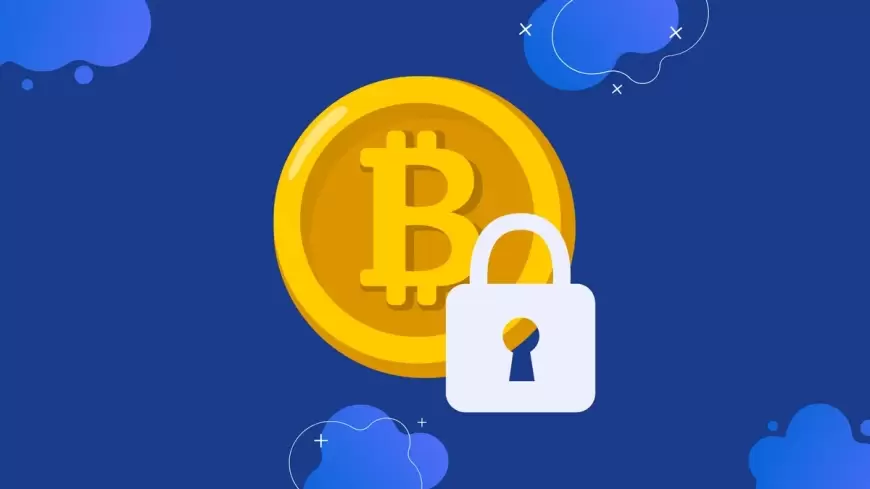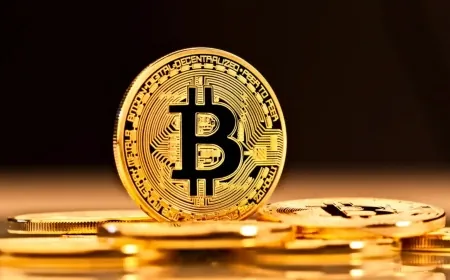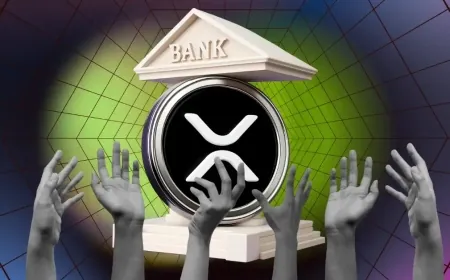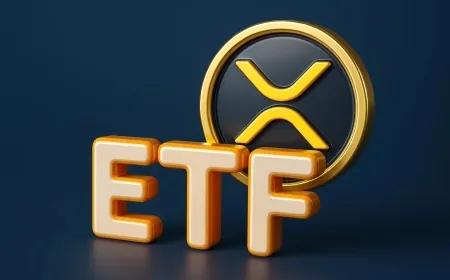3 Cryptocurrency Types to Avoid for Better Security
Identify which cryptocurrencies to avoid for better security. Stay safe and protect your investments with these simple tips.

The world of cryptocurrency investments presents both opportunities and risks, with security emerging as a paramount concern for savvy investors. In a recent survey conducted by The Ascent, a division of The Motley Fool, security apprehensions ranked highest among respondents who had yet to dip their toes into the crypto market. As the digital asset landscape evolves, understanding the types of cryptocurrencies to steer clear of becomes crucial for safeguarding investments.
1. Meme Coins: A Cautionary Tale
While a handful of meme coins like Dogecoin (CRYPTO: DOGE) and Shiba Inu (CRYPTO: SHIB) have gained significant traction, many others lurk in the shadows, posing substantial risks. These coins, often hastily created to capitalize on viral trends, lack the robust security measures found in established cryptocurrencies. The ease with which meme coins can be generated, sometimes in a matter of hours, makes them prime targets for scammers. Pump-and-dump schemes and "rug pulls," where coin founders disappear overnight with investors' funds, are prevalent risks associated with meme coins.
2. Low Market Cap Coins: Proceed with Caution
With over 20,000 cryptocurrencies vying for attention, not all are created equal. Coins boasting low market caps and trading below the $1 mark may seem attractive at first glance but often harbor hidden risks. Many coin creators inflate market caps by issuing excessive quantities of coins at launch, despite their low price. While some low-market-cap coins may hold potential, exercising caution and focusing on coins listed within the top 100 by CoinMarketCap can mitigate risks associated with smaller projects.
3. Coins Outside Major Exchanges: A Red Flag
Cryptocurrencies not listed on major exchanges like Coinbase Global (NASDAQ: COIN) should raise red flags for investors. These exchanges conduct rigorous due diligence before listing a crypto, providing a layer of credibility and security. While this rule generally holds true, regulatory uncertainties or compliance issues may prompt exchanges to delist certain coins temporarily.
What About Bitcoin?
Bitcoin, the pioneer cryptocurrency, remains a stalwart in the digital asset space. Boasting a market cap exceeding $1 trillion and widespread availability on major exchanges, Bitcoin meets the criteria for a "safe" investment. However, despite its resilience and track record of never being hacked, Bitcoin has not been immune to scams and frauds. Investors should remain vigilant and exercise caution when navigating the crypto landscape.
In conclusion, while cryptocurrency investments offer exciting prospects, prioritizing security is paramount. By steering clear of risky ventures and adhering to established guidelines, investors can safeguard their assets and navigate the ever-evolving world of digital currencies with confidence.
Also Read: Ripple Enters Competitive Stablecoin Market with US Dollar Token Launch































































